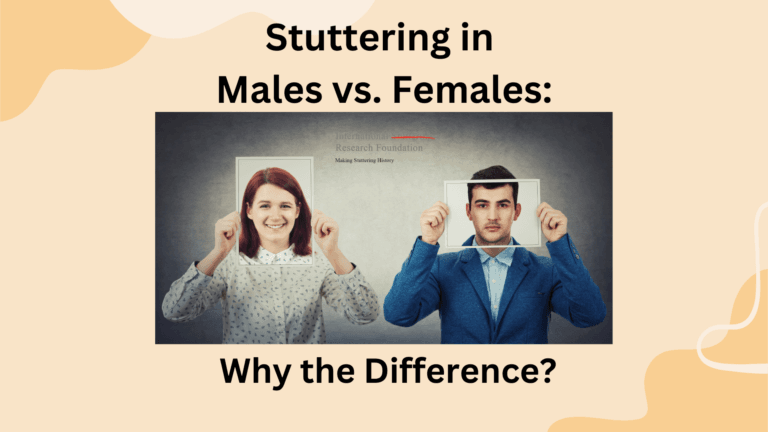Introduction: At the National Academy of Behavioral Sciences (NABS),
the exploration of human behavior and decision-making goes beyond traditional psychology. An area of significant focus and research is behavioral economics—a field that combines insights from psychology and economics to understand how people make choices in various scenarios. In this blog, we delve into the fascinating world of behavioral economics and how NABS is actively engaged in unraveling its principles to enhance our understanding of human behavior.
Section 1: What is Behavioral Economics?
Behavioral economics is an interdisciplinary field that studies the effects of psychological, cognitive, emotional, cultural, and social factors on economic decisions. Traditional economics often assumes that people are rational actors, but behavioral economics acknowledges that human decisions can be influenced by biases, heuristics, and social contexts.
Section 2: Insights from Behavioral Economics at NABS
At NABS, experts explore how behavioral economics can be applied to real-life situations. We delve into topics such as:
- Decision Making Under Uncertainty: Understanding how individuals make choices when outcomes are uncertain.
- Nudging for Better Choices: Exploring the concept of ‘nudging’ to encourage positive decisions without restricting choices.
- The Role of Biases: Analyzing various biases like confirmation bias, overconfidence, and loss aversion and their impact on economic decisions.
- Prospect Theory: Studying how people evaluate and choose between probabilistic alternatives involving risk.
Section 3: Case Studies and Research Findings
NABS actively conducts research and case studies to apply behavioral economics in diverse domains, including:
- Healthcare Decision Making: Understanding patient choices and adherence to medical treatments using behavioral insights.
- Consumer Behavior: Analyzing consumer responses to pricing, promotions, and product features to optimize marketing strategies.
- Sustainable Practices: Encouraging eco-friendly behaviors and sustainable choices using behavioral interventions.
Conclusion:
Behavioral economics is a powerful tool that allows us to better understand and predict human behavior, revolutionizing how we approach economics and decision-making. At NABS, we are dedicated to furthering our knowledge in this field, leveraging behavioral economics to drive positive change and create a more informed and rational society. Stay tuned to our updates as we continue this exciting journey into the heart of human behavior and economics.




